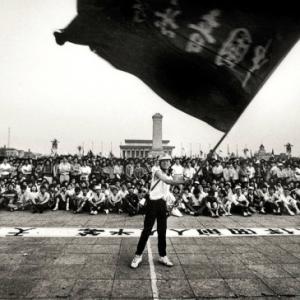Katrina Lantos Swett serves as chair of the U.S. Commission on International Religious Freedom.
Posts By This Author
China's Grim Religious Freedom Problem
While last month marked the 25th anniversary of China’s silencing freedom in Tiananmen Square, this month China has been cementing this grim legacy — particularly regarding religious freedom.
During the just-concluded month of Ramadan, China denied Uighur Muslim students, teachers, professors, and government employees the freedom to fast and fulfill related duties. With Ramadan coinciding this year with the commemoration of the Communist Party’s founding, Chinese authorities used the occasion to identify fasting Muslims, particularly in Xinjiang province. Those defying the ban have been subject to threats, detention, and arrests.
In recent years, officials have shut down religious sites; conducted raids on independent schools, leading to multiple injuries and even deaths; confiscated religious literature; restricted private study of the Quran; monitored the sermons of imams and forced them to undergo political training; restricted Muslim dress and religious expression; banned children from being brought to mosques; and arbitrarily deemed religious gatherings and activities “illegal.”
